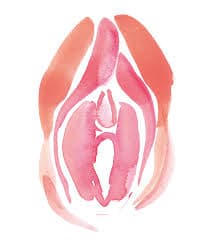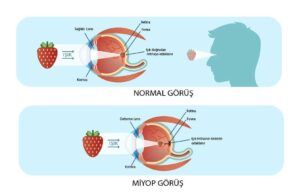
ask a doctor
What is sinusitis and how is it treated? Sinusitis is a condition in which the lining of the sinuses (air-filled spaces behind the bones of the face) become inflamed and swollen, often leading to a buildup of mucus and difficulty breathing through the nose. The condition can be acute (lasting less than four weeks), subacute (lasting four to 12 weeks), or chronic (lasting more than 12 weeks).
The symptoms of sinusitis may include:
Stuffy or congested nose
Pain or pressure in the face, particularly around the eyes or forehead
Headache
Loss of sense of smell
Thick, discolored nasal discharge
Sore throat
Cough
Acute sinusitis can often be treated with over-the-counter pain relievers, decongestants, and saline nasal sprays to help relieve symptoms. In some cases, antibiotics may be prescribed if a bacterial infection is suspected. In more severe cases, or in cases of chronic sinusitis, corticosteroids or other prescription medications may be needed.
In addition to medication, home remedies such as using a humidifier or applying warm compresses to the face can also help relieve symptoms. It’s important to drink plenty of fluids and get plenty of rest to help your body fight off the infection. If symptoms persist or worsen, it’s important to see a healthcare professional for further evaluation and treatment.







